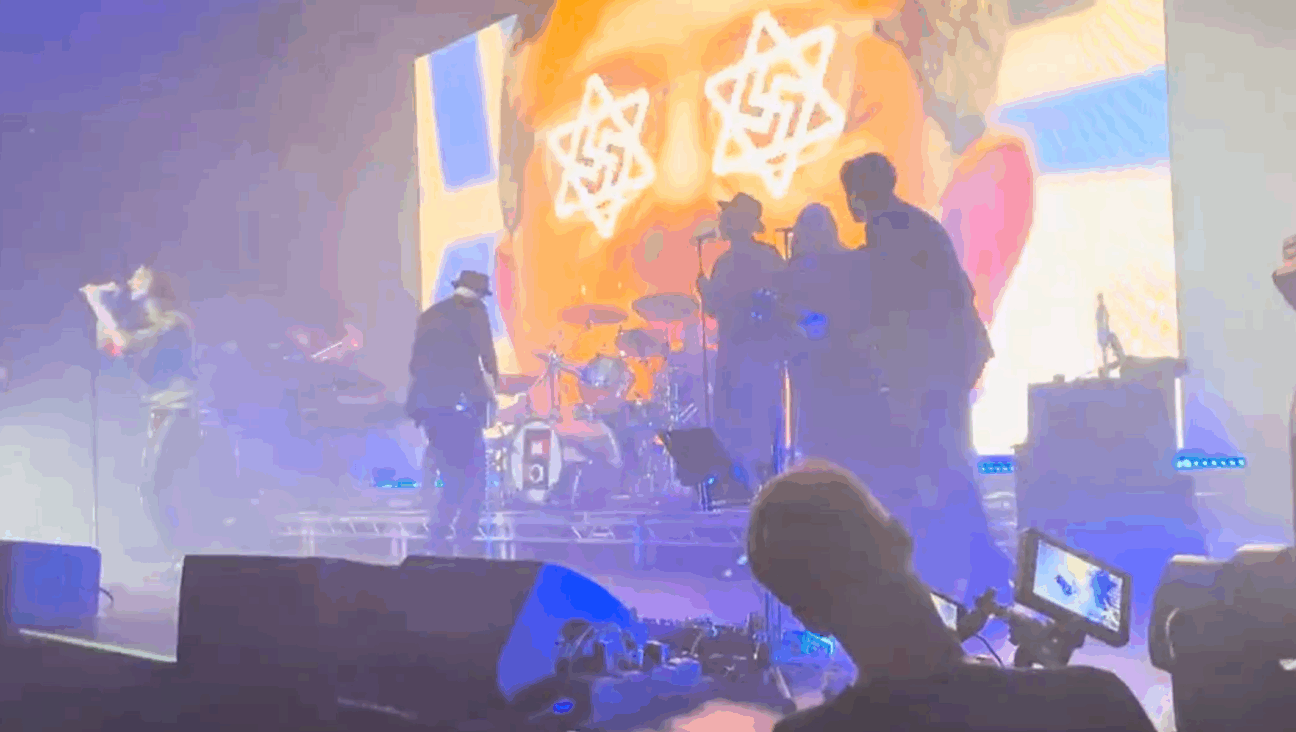Hackers Claim To Have ‘Confidential’ IAEA Information
Anti-Israel hackers, who the U.N. nuclear agency this week said had posted data online stolen from one of its servers, claimed in a new statement they had published confidential material obtained from the watchdog.
The statement – in the name of a group with an Iranian-sounding name – was put on a website hours after U.N. nuclear chief Yukiya Amano said on Thursday he did not believe sensitive nuclear “safeguards” information had been compromised.
The U.N. International Atomic Energy Agency (IAEA), whose mission is to prevent the spread of nuclear weapons in the world and which is investigating Iran’s disputed nuclear activities, declined to comment on the latest development on Friday.
The hackers published on Sunday scores of email addresses of experts who have been working with the U.N. agency on a website, and urged the IAEA to investigate Israel’s nuclear activity.
On Thursday, Amano said this was “deeply regrettable” but he voiced confidence that no sensitive information regarding the agency’s nuclear inspections had been stolen. He said the hacking happened several months ago.
The new hacker statement in the name of Parastoo (which in Farsi means swallow, a bird species, and can also be a girl’s name) said that it was now publishing more data online “to prove our ability to gain access to highly sensitive information.”
This included “confidential…documents, satellite images, official letters, presentations,” it said in the statement dated Nov. 29, with links to what it said was such information.
The authenticity of the material – posted on the same website as Sunday’s statement – could not immediately be verified.
“It isn’t obvious to me upon looking at the satellite imagery that the pictures contain sensitive and confidential IAEA data,” nuclear expert Mark Hibbs, of the Carnegie Endowment think-tank, said.
Jeffrey Lewis, of the U.S.-based James Martin Center for Nonproliferation Studies, suggested the hacked data concerned information related to peaceful uses of nuclear energy, rather than confidential information on IAEA inspections.
“Hacking the IAEA and interfering with efforts to use nuclear energy for peaceful purposes doesn’t get us any closer to a world in which Israel signs the NPT (nuclear Non-Proliferation Treaty),” Lewis said in a blog.
The experts whose email addresses were hacked have nothing to do with “safeguards, nuclear weapons or Israel,” he said.
“Safeguards” means activities conducted by IAEA inspectors in examining member states’ nuclear activities, including Iran’s, to make sure that no atomic material is diverted for military purposes. Such information is seen as top secret.
ACCESS TO “NEW SERVER”
The latest Parastoo statement again called for an IAEA investigation into the nuclear activities of Israel, widely believed to be the Middle East’s only nuclear-armed state.
That is a demand often voiced by Iran and Arab states.
The IAEA has not said who might be behind the hacking.
There has been an increase in suspected Iranian cyber attacks this year, coinciding with a deepening standoff with the West over Tehran’s nuclear programme.
Iranian officials have tended to deny involvement. But they say they have continued to come under cyber assault themselves, with systems at Iran’s own oil facilities, communications and infrastructure firms suffering problems last month.
The IAEA earlier this week said the server which had been hacked had been closed down. Parastoo’s latest statement said the information now posted online was “extracted from one of IAEA’s new servers that we have access to.”
Israel and the United States accuse Iran of seeking to develop a nuclear weapons capability. Tehran denies this. (Reporting by Fredrik Dahl)













